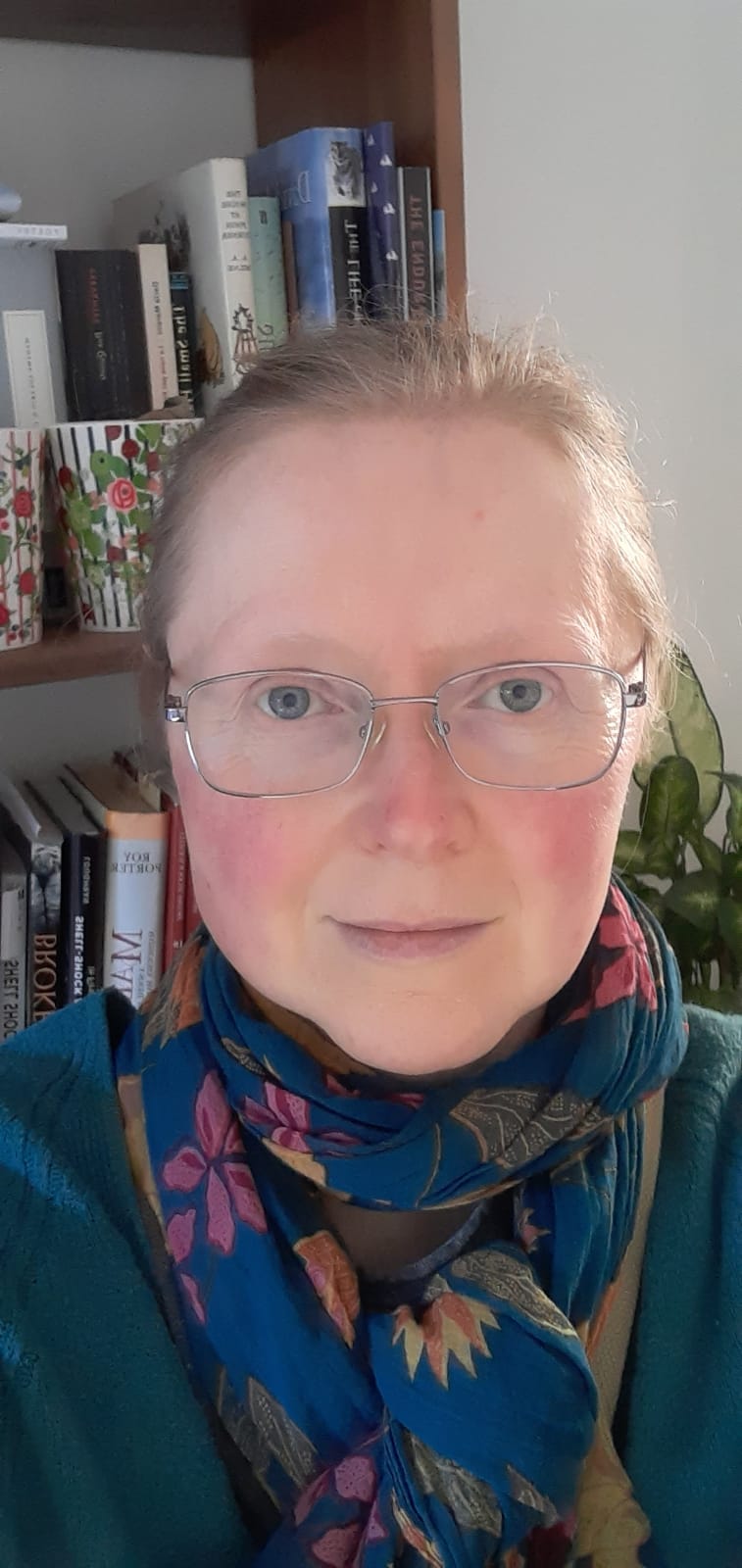What to do? Decisions in times of war

Professor of History, Laura Ugolini, reflects on the refugee crisis following the conflict in Ukraine in this blog which was inspired by thoughts on how families and individuals cope at times of crisis and the motives behind the decisions they make.
As I spent a morning the first week of March reading appeals against conscription submitted to tribunals in Middlesex during the First World War, the news reached us that over a million refugees had left Ukraine – with the prospect of many more doing so in the following days.
The two conflicts have very obvious differences, but if there is one similarity between them (and, let’s not forget, other ongoing wars, such as the conflicts in Yemen or Ethiopia), it is the fact that people affected are forced to make decisions that most of us hope never to have to make: stay? Leave? And if leave, when? How?
Making Decisions
The individuals I am coming across in my research were not refugees, forced to leave their country by violence, but one thing their stories have in common with those that are now emerging from Ukraine is that these decisions are rarely made only thinking of oneself. What best to do for loved ones is an ongoing refrain: children, elderly parents, relatives or friends who are vulnerable or unwell.
This concern for loved ones is also clear in the sometimes terse and formal language of First World War conscription tribunal hearings. Consider, for example, the case of, let’s call him George K. In June 1916 he was a physically fit, twenty-nine-year-old stockbroker’s clerk. Exactly the kind of person, you would have thought, that propaganda appeals were focused on, and who would have felt considerable pressure to enlist. And yet, he appealed against conscription because, as he explained:
My ‘wife is in a delicate state of health being extremely nervous and suffers from fits of depression. In November 1914 during one of these fits she threw herself from her bedroom window and was taken to Watford Infirmary, where she was detained until the following March’, having suffered serious injuries. Since then, he went on to say, her mental state had remained a source of concern, and ‘great care has been taken to keep her free from any worry or trouble and I am convinced that my absence from home would have a very serious effect on my wife’. Behind the careful wording was George K.’s fear that his enlistment might lead his wife to try once again to commit suicide.
A Glimmer of Hope
As we hear news stories of Ukrainian people having to make decisions about what to do based on the best chance to obtain supplies of medicines for sick children and other relatives, it seems that these dilemmas are an inescapable, if sometimes hidden, part of the reality of war. A glimmer of hope, perhaps, to end this blog: the 1921 census finds George K. still living at the same address as in 1916, with his wife and children.
The history of the First World War, as well as other conflicts and their impact on society, are the topics of some of the history courses we teach at the University of Wolverhampton: History - University of Wolverhampton (wlv.ac.uk).
Laura is currently researching the impact of mental illness on families in England, c. 1880-1920, including during the First World War.
For more information please contact the Corporate Communications Team.


/prod01/wlvacuk/media/departments/digital-content-and-communications/images-2024/Diane-Spencer-(Teaser-image).jpg)
/prod01/wlvacuk/media/departments/digital-content-and-communications/images-18-19/220325-Engineers_teach_thumbail.jpg)
/prod01/wlvacuk/media/departments/digital-content-and-communications/images-2024/240509-Menopause-Research-Resized.jpg)
/prod01/wlvacuk/media/departments/digital-content-and-communications/images/Maria-Serria-(teaser-image).jpg)
/prod01/wlvacuk/media/departments/digital-content-and-communications/images-2024/241014-Cyber4ME-Project-Resized.jpg)
/prod01/wlvacuk/media/departments/digital-content-and-communications/images-2024/240315-Research-Resized.jpg)
/prod01/wlvacuk/media/departments/digital-content-and-communications/images-2024/BDA-group-photo.jpg)